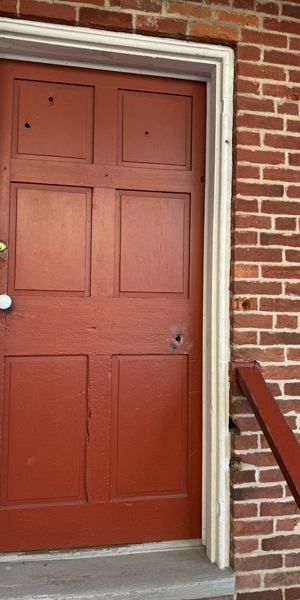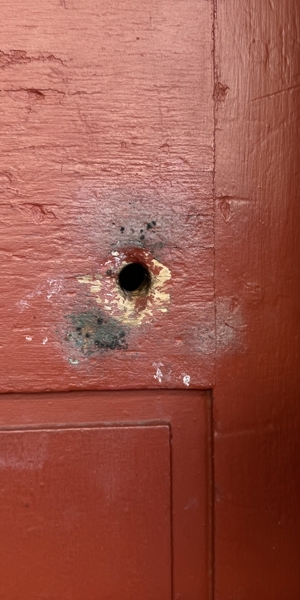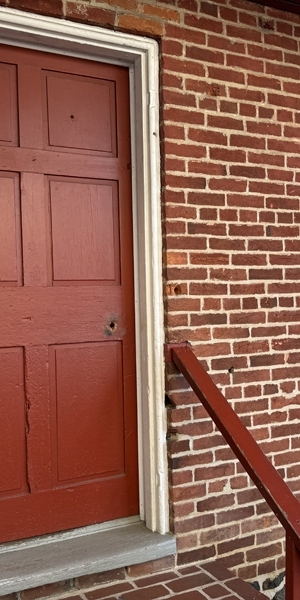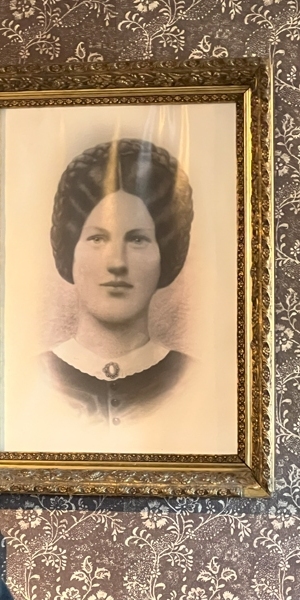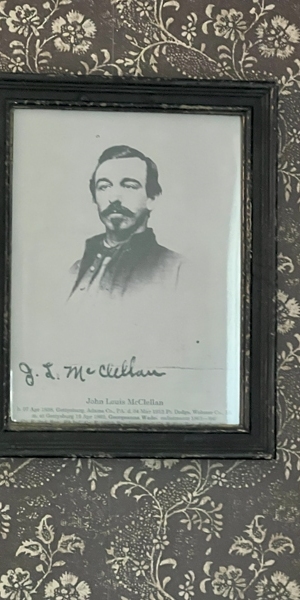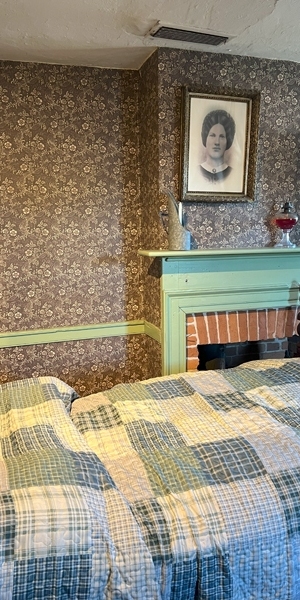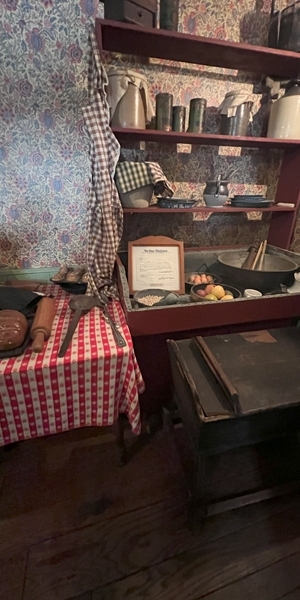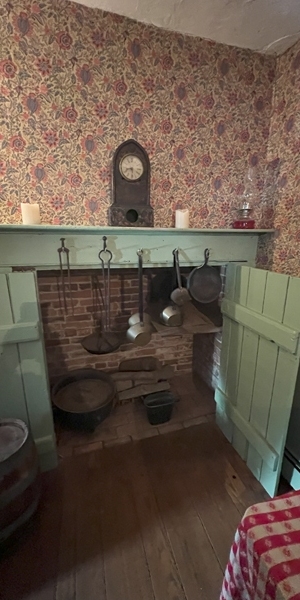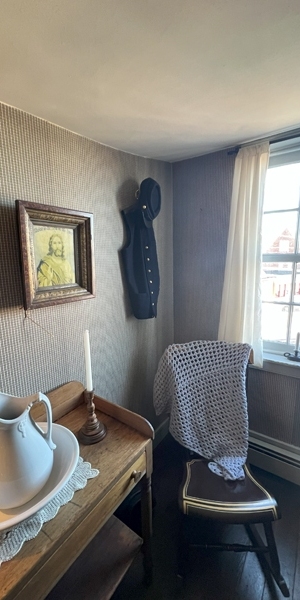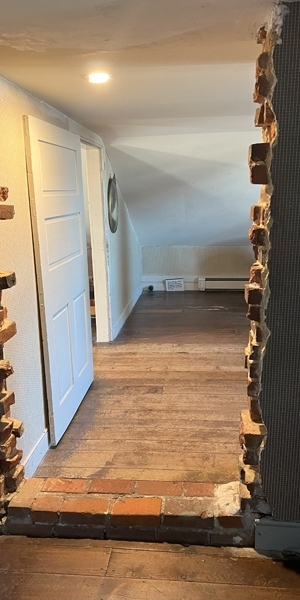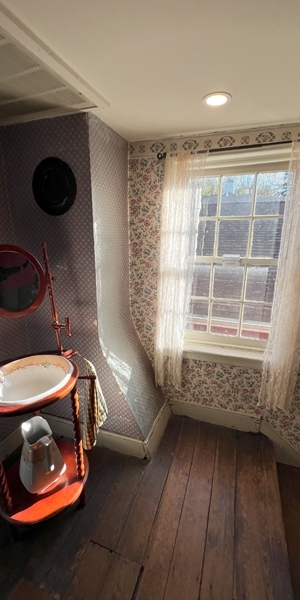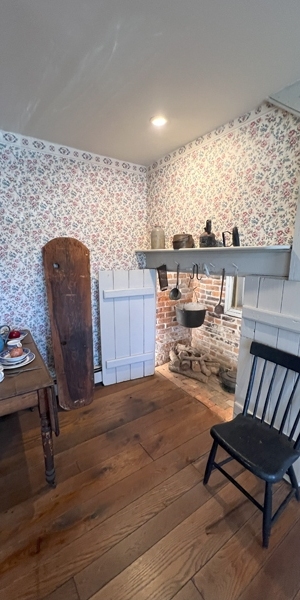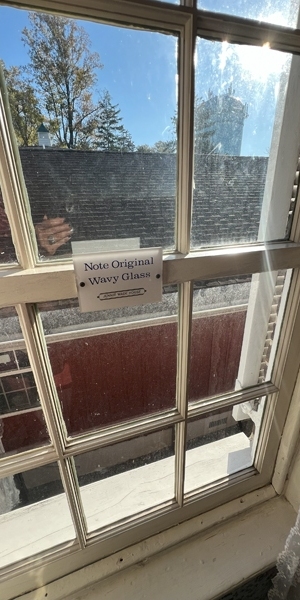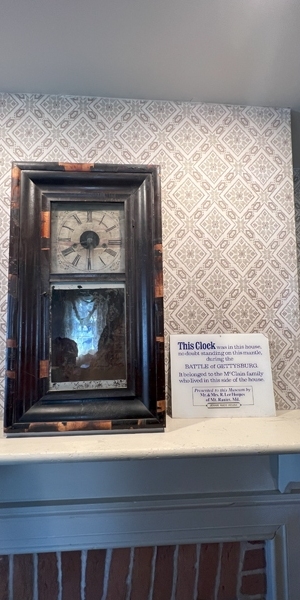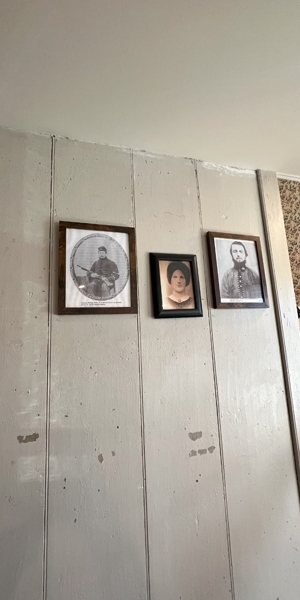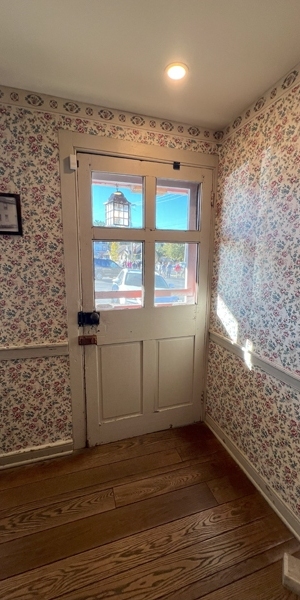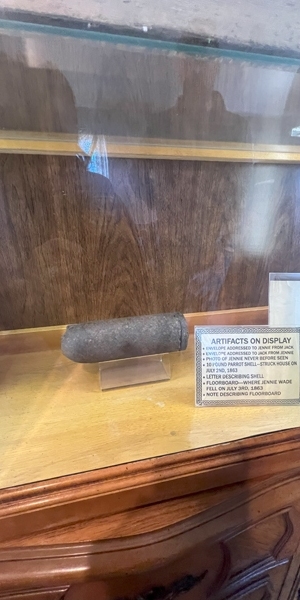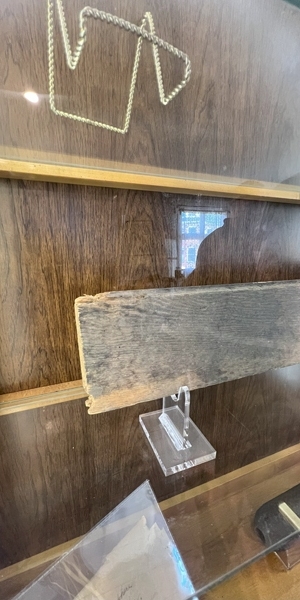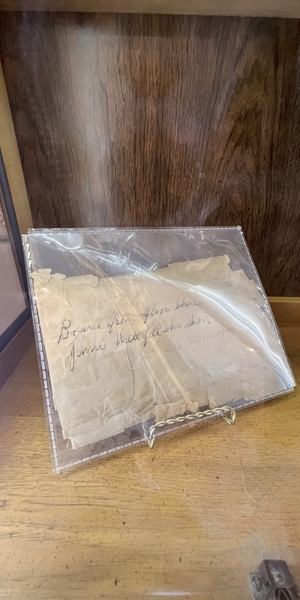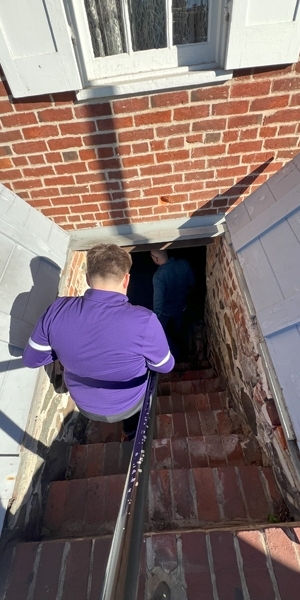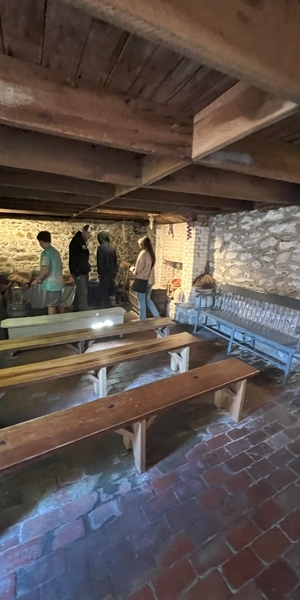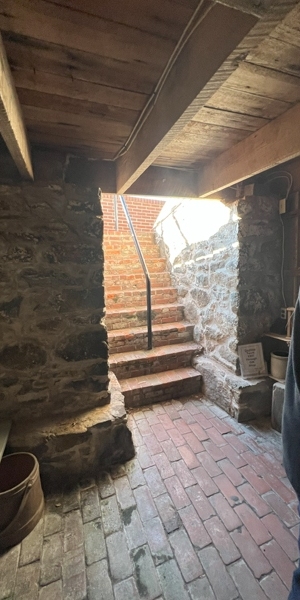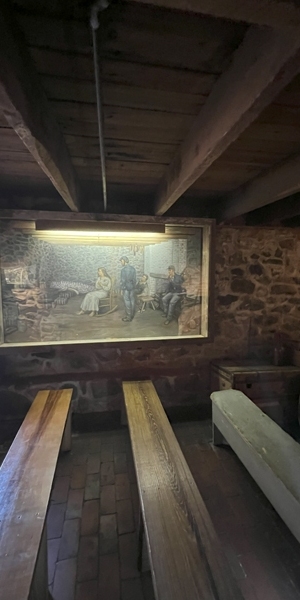(Part 2 of 5)
The Strange Stories of the Battle of Gettysburg, 1863: A Field Trip Discovery
October 18, 2024 – Gettysburg, PA: Genesis Christian Academy students embarked on a journey into history during a field trip to Gettysburg, Pennsylvania, exploring not just the well-known strategies and outcomes of the battle, but also the lesser-known, human stories of love and tragedy. Led by History teacher Kenneth Hammontree and historian Tyler Rice, the trip focused on the three-day conflict of July 1863, which forever changed the course of the American Civil War.
The trip served to bring history to life for the 38 students, parents, and staff members in attendance. As they walked the same grounds where Union and Confederate forces clashed, Hammontree began sharing a particularly poignant tale from the battle: the story of Mary Virginia “Jennie” Wade, the only civilian killed during the Battle of Gettysburg.
Jennie Wade: A Tragic Casualty of War
As Hammontree described, Jennie Wade’s story is a deeply human one, marked by both her untimely death and her unwavering bravery in the face of unimaginable danger. Wade, a 20-year-old woman, found herself in the middle of one of the most brutal engagements of the Civil War, not as a soldier but as a civilian trying to help others. On July 3, 1863, while kneading dough in her sister’s home, Wade was struck down by a stray Confederate bullet, becoming the only civilian casualty of the battle.
Despite the chaos surrounding her, Jennie had chosen to assist Union soldiers rather than hide in the cellar like many other civilians. She brought food and water to wounded soldiers, providing much-needed comfort amidst the horrors of battle. “Her courage is remembered, and her story resonates even today,” Hammontree told the group of students, some of whom were hearing this tragic tale for the first time.
One of the most heartbreaking aspects of Wade’s death was the discovery that she was carrying a photograph of her childhood sweetheart, Corporal Jack Skelly, a Union soldier who had been gravely wounded in an earlier battle. Their love story, cut short by war, is still shrouded in a degree of mystery and sorrow.
A Love Lost to War: Jack Skelly and Jennie Wade
Jack Skelly was wounded at the Battle of Carter’s Woods in June 1863, just days before the Battle of Gettysburg. While recovering in a Confederate hospital, Skelly encountered a strange twist of fate—his childhood friend, Wesley Culp, who had joined the Confederate army, was also at the same hospital. Culp had grown up in Gettysburg, like Skelly, but he fought for the South after moving to Virginia before the war. The odds of the two friends meeting in such a situation were incredibly slim.
Skelly, too injured to write, asked Culp to deliver a message to Jennie Wade, back home in Gettysburg. According to Hammontree, the message included a marriage proposal, though some historians debate whether Skelly and Wade were ever officially engaged. “It’s difficult to definitively know the truth after so many years,” Hammontree explained, “but Jennie’s sister, Georgia McClellan, believed they intended to marry in the fall of 1863.”
Unfortunately, neither Jennie nor Jack would live to see that day. Wade was killed in her sister’s home on July 3, 1863, while Skelly, unaware of her death, succumbed to his injuries just nine days later, on July 12. The letter Culp had carried, containing Jack’s proposal to Jennie, never made it to her. Wesley Culp himself died during the Battle of Gettysburg, on the very land where he grew up, and the letter was lost forever when he was buried in an unmarked grave.
The Unpredictability of War
The series of tragic events surrounding the Battle of Gettysburg highlights the strange twists of fate that occur during war. Wesley Culp’s choice to fight for the Confederacy, despite being from a Union state, is a story in itself. His chance encounter with Jack Skelly in a Confederate hospital, and his subsequent death just days later, adds another layer of heartbreak. “It’s a story of love, loss, and the unpredictability of war,” Hammontree said, his voice somber as he recounted the series of events that unfolded over the summer of 1863.
For the Genesis Christian Academy students, these personal stories brought the realities of war into sharp focus. As they stood on the same grounds where Wade, Skelly, and Culp had lived out their final days, the weight of history was profound. Hammontree remarked on the emotional impact of these tales. “We often focus on the battles and strategies, but it’s the human stories that make history truly resonate,” he said.
The students left Gettysburg with a new understanding of how war shapes not only nations but also individual lives. As Hammontree concluded his lesson, he announced that this was only the beginning of their exploration into the lesser-known, human stories of the Civil War. “In the next article,” he promised, “we’ll continue to uncover more of the strange and heart-wrenching stories that surround the Battle of Gettysburg.”
For many students, the trip was a deeply emotional experience, giving them a chance to connect with history in a way that textbooks often fail to do. The tragedy of Jennie Wade and Jack Skelly, interwoven with the strange fate of Wesley Culp, serves as a reminder of the cost of war—and the personal sacrifices made by those caught in its path.
The Ongoing Legacy
Gettysburg remains one of the most iconic battlefields in American history, but beyond the tactical and political significance, the stories of those who lived and died there are what continue to captivate and teach new generations. Genesis Christian Academy’s field trip brought to light these hidden narratives, offering students a chance to reflect on the personal dimensions of war.
As the group departed Gettysburg, the lessons they learned—about courage, love, and the unpredictable nature of fate—would stay with them long after they returned to the classroom. The strange stories of Gettysburg, like that of Jennie Wade and Jack Skelly, show that even in the darkest times, the human spirit endures.

